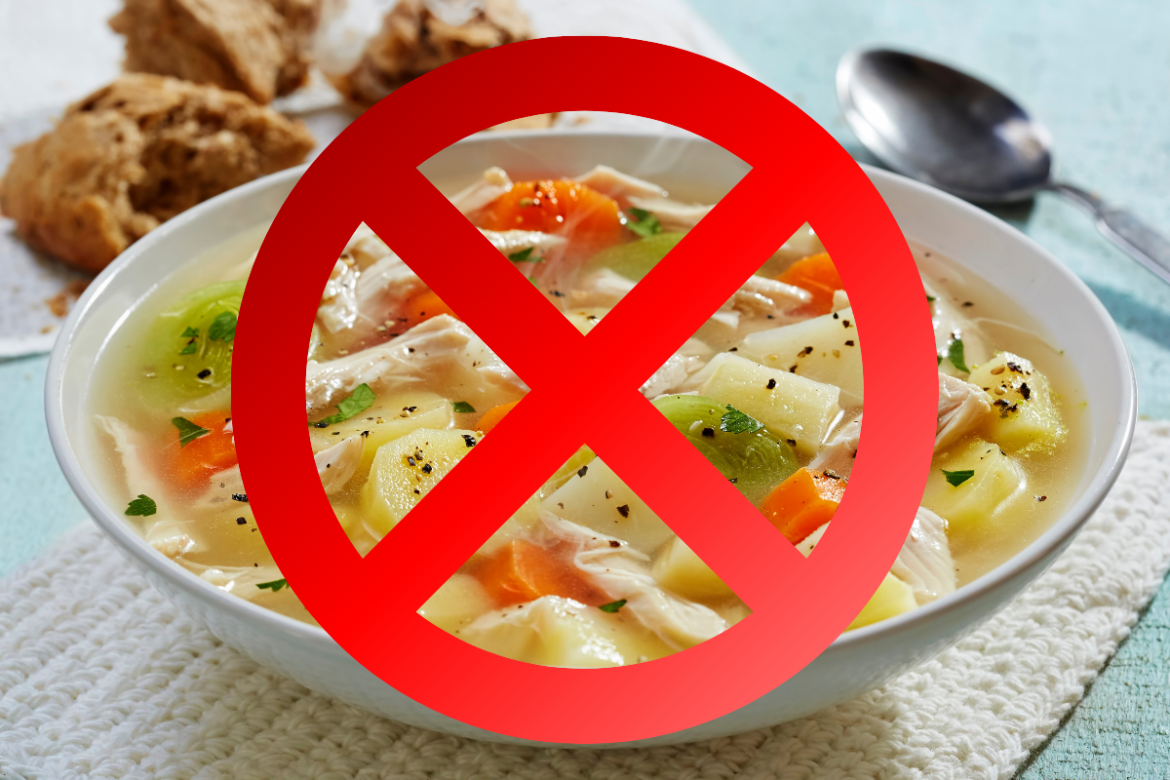 When a person living with advanced illness or a life-limiting condition nears the end of life and their families and friends begin to gather to say goodbye, there is almost always food involved. Casseroles and take-out food fill the fridge and sweets take over tabletops. This is how our society copes with stress and crisis, and it is important for those sharing a sacred time in someone’s life to break bread and honor this person in their final days.
When a person living with advanced illness or a life-limiting condition nears the end of life and their families and friends begin to gather to say goodbye, there is almost always food involved. Casseroles and take-out food fill the fridge and sweets take over tabletops. This is how our society copes with stress and crisis, and it is important for those sharing a sacred time in someone’s life to break bread and honor this person in their final days.
Though the person who is in the final stages of life may love being surrounded by family and friends, they most likely do not want to eat much of anything, if at all. Their body is slowing down and does not feel hunger. This is one of the hardest concepts for a family to accept, especially in our culture that puts a great deal of emphasis on eating as a way to bring comfort (try watching TV for 5 minutes without seeing a commercial involving food!)
It’s important that someone advocates for the patient, letting those who are visiting know that this is normal. Forcing foods at this point may cause discomfort, such as nausea, vomiting and retention of fluid as the body begins to shut down and cannot process food as before. Additionally, swallowing may become difficult.
Families also can become overly concerned with dehydration. They may even ask to have their loved one get fluids intravenously. However, recent research strongly suggests that artificial hydration is more harmful than helpful at this time of life. Intravenous fluids may cause discomfort by causing a buildup in unnatural fluids that the body can no longer process.
Don’t let the fact that your loved one can no longer enjoy eating and drinking stop people from gathering and sharing time and memories. Most patients find great comfort in being surrounded by family and friends.
One side effect of dehydration that families can help alleviate is dry mouth. They can bring comfort by cleaning the mouth and frequently swabbing it with a clean, moist sponge. They can also offer ice chips or small sips of water, if the patient is able to swallow. Lip balm also provides comfort to dry, cracked lips.
Don’t let the fact that your loved one can no longer enjoy eating and drinking stop people from gathering and sharing time and memories. Most patients find great comfort in being surrounded by family and friends. If the patient is under hospice care, reach out to a member of the interdisciplinary team caring for the them – the physician, nurse, aide, chaplain or social worker – and ask for guidance and resources to help you understand the dying process.




